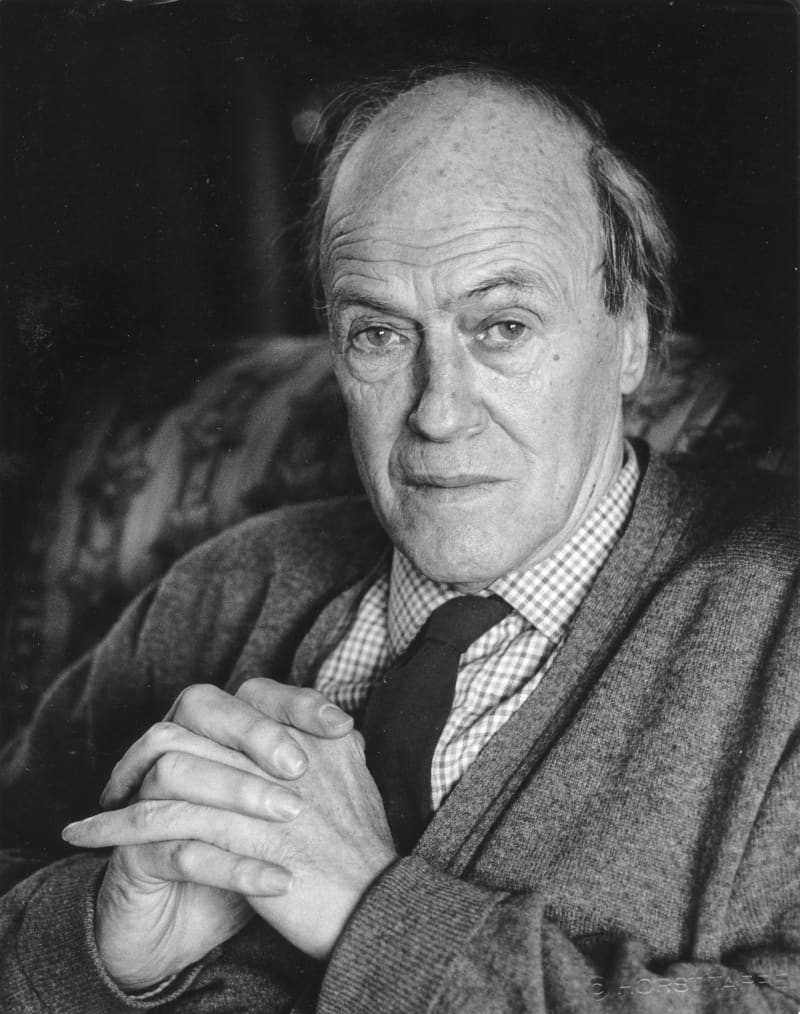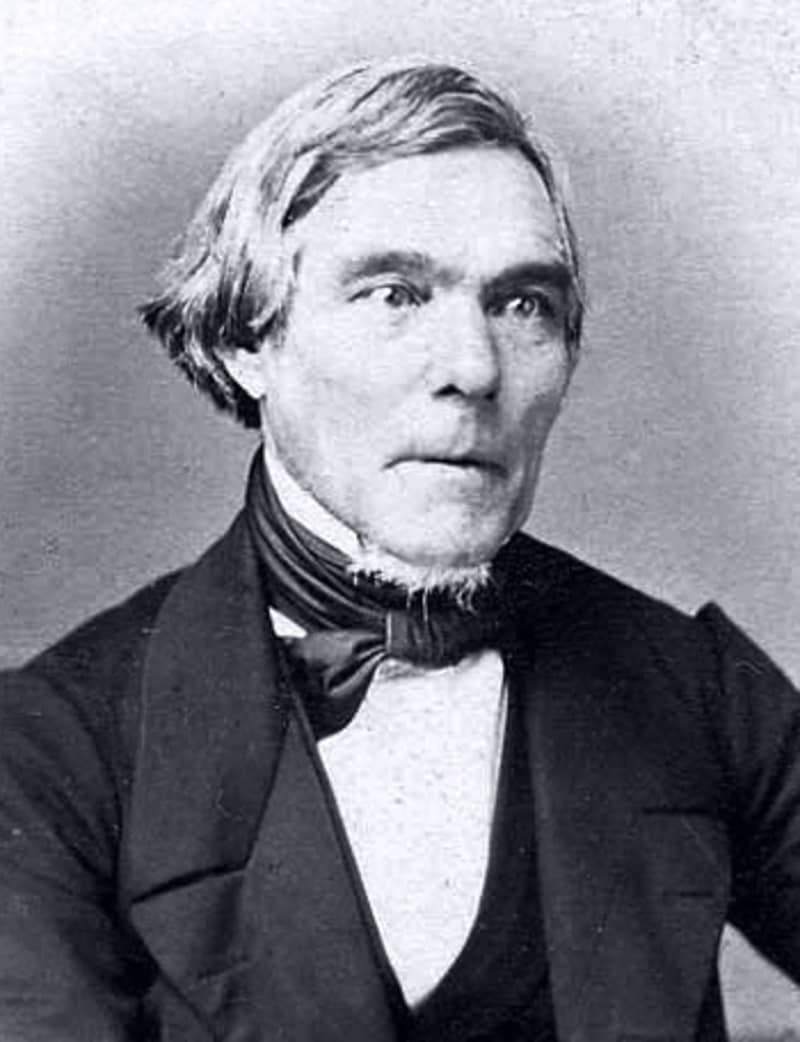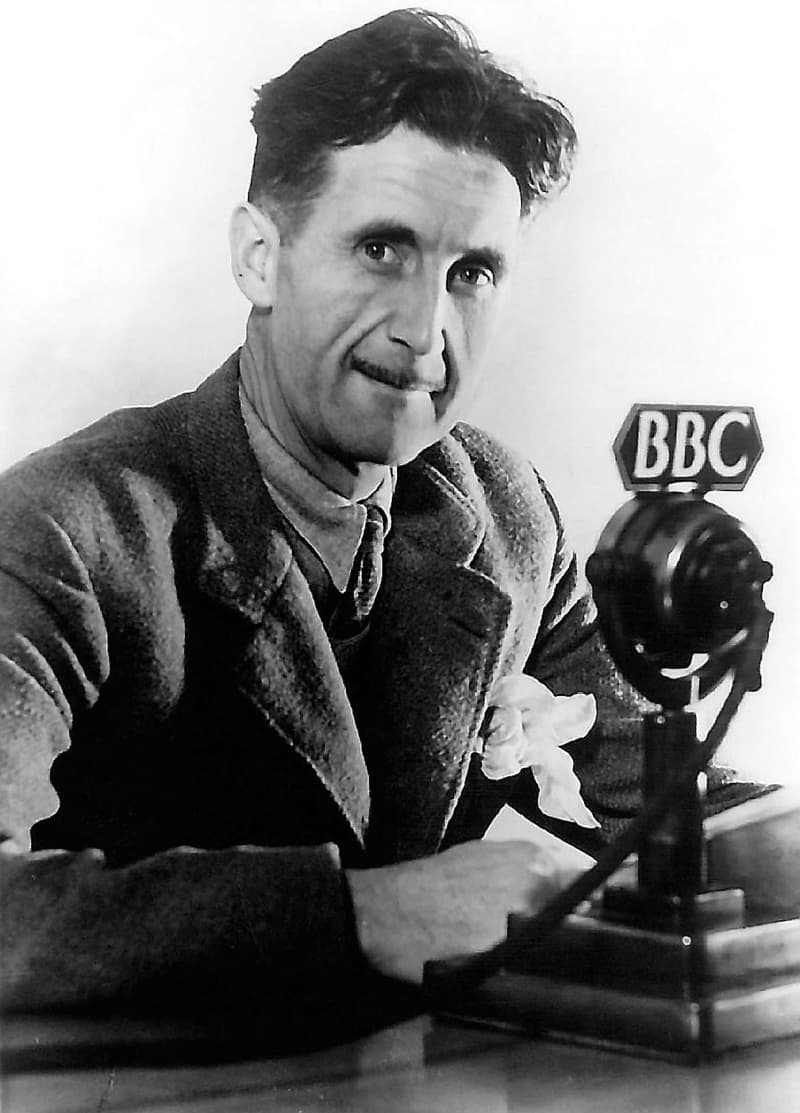
Along with Roald Dahl and James Bond, Don Rosa’s comics have also been considered too suspicious for readers.
From Dahl’s children’s production, sections related to obesity, gender, mental health, ethnicity and skin color have been removed or modified. For example, the word \”black\” no longer describes the tractor monsters that originally appeared in the 1970 book *The Fabulous Mr. Fox*. Now the monsters look \”cruel\” and \”murderous\” anymore. The number of such changes is counted in the hundreds.

Modifications are made for the good of the imaginary ideal citizen
– This has always been done. There is no unedited reality that we follow. If we think of translations of classic children’s books, for example, translations of *Alice in Wonderland* and *Don Quixote* have been made since the 20th century under the conditions of the morals and pedagogy of each era.

The Society of Finnish Literature once wanted to censor *Kanteletarta* too, it was hoped that the book would also be suitable for reading entertainment for the ladies of the ruling class.
A similar tendency is alive and well in present-day Finland as well.
– Some kind of wonderful ideal citizen has been born in Finland, which we want to raise and which everyone wants to become. However, no one has ever met him. It is a myth that sanctifies pedagogical nobility: everything is done in the name of the ideal citizen and for the good of the ideal citizen.
Perceptions of good and bad are of course constantly changing, but according to Kai Ekholm, presentism should be avoided.
– It doesn’t really work to judge the past from the present – to edit history by removing racism and ethnic groups to make everything look cleaner.
Unifying content sells better
According to Kai Ekholm, the reason for this kind of virtue signaling is basically commercialism and its maximization.
– Disney was scared by the racism noise, but what appears to us as moral censorship seems to be for the most part commercial adaptation and is related to honest commercial profit making. The more irrelevant and diluted the content, the better the business.
According to Kai Ekholm, there is no benefit in hiding works that are labeled questionable according to the current standard.

In Kai Ekholm’s opinion, for example, children should be discouraged rather than protected when it comes to books. In addition, it is about the context, that is, the context in which, for example, violence is presented.
– In an average home, people kill all the time: children indulge in killing in games and formulas are driven so hard that the spirit seems to leave. There is indeed violence in life, but when someone does something in the name of art that is even a little bit like that, then it is absolutely terrible. Smart people understand that sometimes porn is porn, and sometimes it’s artistic erotica. Or at least this kind of contextualization should be trained.
Kai Ekholm points out that even though you might think otherwise, the current censorship boom also overlaps in its own way with freedom of speech.
– I am not terribly worried about the current situation: an essential part of freedom of speech is that it is tried and tested. The Roald Dahl reprints generated heated debate, and as a result, the publishing house tended to publish both the original and new versions of the books. This is exactly how freedom of speech and pluralism work.
